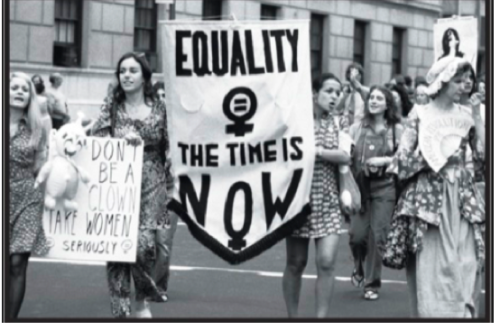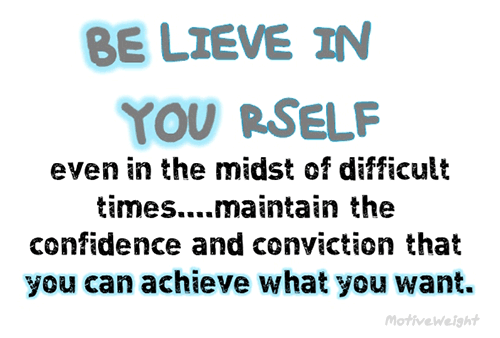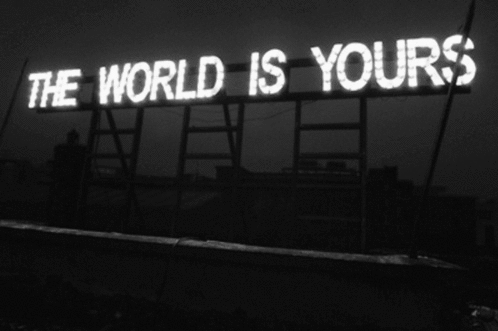Today I want to talk about something that I don’t think gets
talked about enough: vaginal discharge.
I can remember the very first time I found out about it. I
was about ten or eleven and I woke up one morning with soaking wet pyjama shorts.
I was so embarrassed and I thought I’d wet myself so I wrote a note to my mum
(I used to do this all the time as I was too ashamed to say things out loud) and
told her that I thought I’d wet myself yet it didn’t smell or look like urine;
it was almost like I’d spilt a whole bottle of water in my lap.
My mum was really great and told me all about vaginal
discharge and so I felt a lot more confident that what had happened was normal
and completely fine. I sort of just didn’t really think about it anymore for a
while; I used pantliners to stop my underwear getting damp (it’s a personal
choice as I know some women don’t like using them but I find they help me to
feel fresh and comfortable throughout the day) until one day in the playground
I started to feel like I should be ashamed of it. A group of friends were
sitting cross legged on the grass, some of the girls were wearing skirts, and
one of the boys pointed out that one of the girls had a wet patch on her
knickers. The rest of the boys made comments about how gross it was etc and
suddenly there was yet another thing
I needed to be ashamed of.
And I don’t think any woman should be ashamed of it. It’s
normal, it’s natural, it’s healthy. Obviously it must be mentioned here that
any abnormal discharge or smelly discharge could be down to an infection so it’s
always worth getting things checked out if you’re not sure it’s normal. But
vaginal discharge can vary in colour depending on your time in the month; it
can vary in thickness, in quantity and also in appearance. Some women just naturally have more than others
and it can also vary if, for example, you’re on a contraceptive pill.
I’ve had friends in the past who were ashamed to buy a
packet of pantliners in the supermarket or feel the need to hide their sanitary
products out of sight. COME ON GIRLS, don’t feel ashamed.
I used to be so shy, especially around boyfriends about my
vagina being fucking awesome and cleaning itself. (YAY FOR AWESOME VAGINAS) I would never let them see my underwear if I
had a pantliner on and I would try and hide them in my toiletry bag. Now,
however my boyfriend is pretty much immune to everything that happens down
there! I had a box of pantliners on his chest of drawers when I stayed there
often, I would stick them on my knickers in front of him and to be honest, it
doesn’t really seem to bother him anymore. And I think he rocks for not caring.
Too often women are made to feel embarrassed or ashamed
about normal and natural bodily functions. We’re told talking about periods is
gross or that anything coming out of our vagina that isn’t related to how
turned on we are is horrid. But I’m proud of my body and proud of my
self-cleaning vagina. And so should you!!
Have you ever been made to feel like you should be ashamed of vaginal discharge? Have you ever had an unfortunate incident....?
I once went to the beach wearing a pantliner and did all the frolicking in the sea and had a whale of a time. I didn't wear a swimsuit or bikini as I hated my body but I still went in the sea with some fast drying clothes on! I must have been about 14 at the time.
I was walking back home with a male friend from the beach when I felt something fall out of the bottom of my trousers. When I turned around to look MY GODDAMN PANTLINER WAS IN THE ROAD. Clearly the sea water affected the stickiness of the pantliner and it was no longer stuck to my underwear!!
I was so embarrassed so just styled it out and pretended nothing had fallen out of my trouser leg...and I walked away and left it there. OH THE SHAME...
I learnt my lesson...never wear them when you're going in water!!!
I learnt my lesson...never wear them when you're going in water!!!
Now I've shared my embarrassing story, it's only fair you share yours!!



 I'm a strong believer in the importance of connection; of working on and nurturing the relationships we have. Nothing beats a face-to-face conversation; sitting down over a cuppa, catching up, and physically being there to offer a hug or a supportive squeeze of the hand. Actually being there, in person, with the people you love and who love you.
I'm a strong believer in the importance of connection; of working on and nurturing the relationships we have. Nothing beats a face-to-face conversation; sitting down over a cuppa, catching up, and physically being there to offer a hug or a supportive squeeze of the hand. Actually being there, in person, with the people you love and who love you.








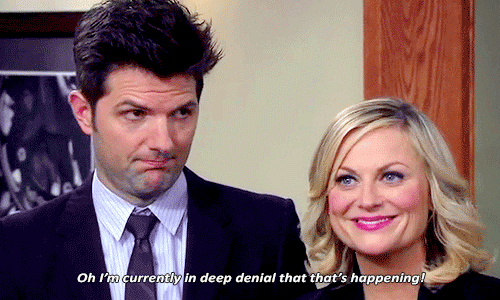
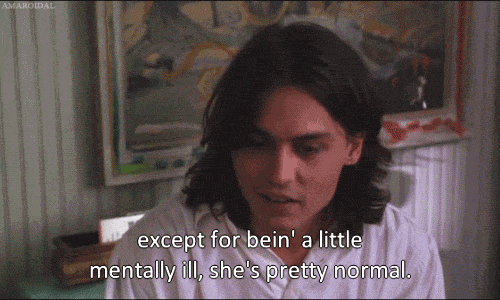
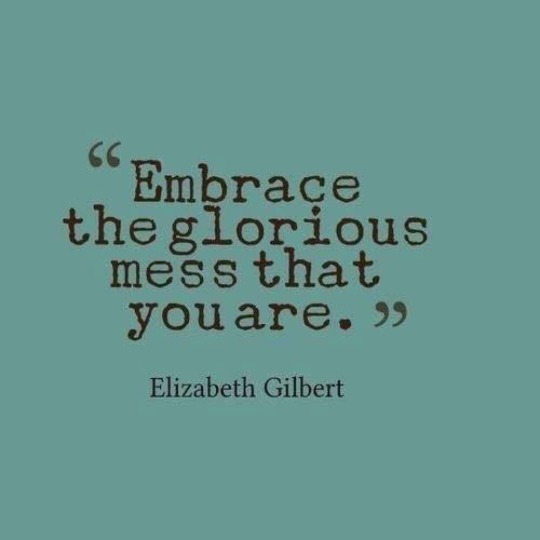




 It was during the last World Cup. I was down my local pub, watching an England match. A shot of the fans came up on the screen, focusing on a woman. When she realised she was on TV, she raised her arms and cheered on her team. Someone in the pub shouted, "You must be great at giving head, because no-one is going to want you with a rack like that!" Then I noticed that the woman had small boobs, and I was filled with anger and disgust, but not shock. This is the way of the world. Men don't like women with small boobs; women like me.
It was during the last World Cup. I was down my local pub, watching an England match. A shot of the fans came up on the screen, focusing on a woman. When she realised she was on TV, she raised her arms and cheered on her team. Someone in the pub shouted, "You must be great at giving head, because no-one is going to want you with a rack like that!" Then I noticed that the woman had small boobs, and I was filled with anger and disgust, but not shock. This is the way of the world. Men don't like women with small boobs; women like me.
